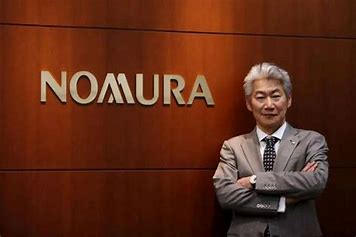
Hayat Tahrir al-Sham (HTS), a prominent Syrian rebel group, recently seized control of Aleppo in a surprise offensive. Once linked to Al-Qaeda, HTS has rebranded itself as a domestic insurgent group, but its past continues to haunt its efforts to gain legitimacy on the global stage.
HTS emerged during Syria’s civil war and was previously known as the al-Nusra Front, an affiliate of Al-Qaeda. In 2016, it severed ties with its sponsor, aiming to distance itself from global jihadist movements. By 2017, the group rebranded and began arresting members of both Al-Qaeda and the Islamic State.
Despite these efforts, HTS remains classified as a terrorist organization by the United States and European Union.
Since 2019, HTS has controlled much of northwestern Syria’s Idlib province, establishing a “salvation government” to oversee local governance. This administration manages the economy, food subsidies, and basic services, providing stability in areas under its rule.
Jerome Drevon, a jihadism expert, noted:
“It provides homogeneous governance, contrasting with other regions in Syria.”
HTS has also coordinated with international aid agencies to deliver humanitarian assistance, despite its controversial status.
Critics argue that HTS’s ideological shift is superficial. Tammy Lynn Palacios of the New Lines Institute remarked,
“HTS remains a jihadist organization until it successfully eliminates ties with hardline groups.”
The Counter Extremism Project (CEP) director, Hans-Jakob Schindler, pointed to instances like the use of HTS symbols by extremists to question the sincerity of the group’s ideological transformation.
HTS’s struggle to gain recognition mirrors that of the Taliban in Afghanistan, which has faced challenges shedding its extremist label despite assuming power in 2021.
Experts agree that HTS faces significant hurdles convincing the international community it has fully abandoned its jihadist roots. Schindler stated,
“There is absolutely no debate about the fact that they should remain listed as a terrorist group.”
While HTS attempts to position itself as a domestic insurgent group focused on governance, its controversial history and connections to jihadist groups make its path to legitimacy difficult. As the group continues to exert control over Aleppo, its actions will likely draw scrutiny from international powers.














